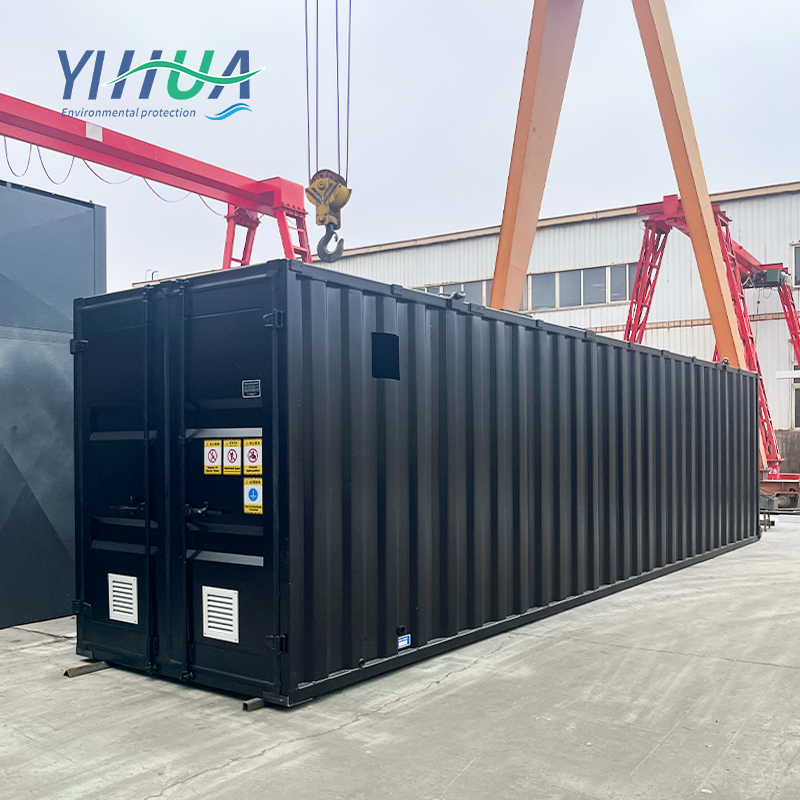Building a Greener Future: Choosing Efficient Integrated Sewage Treatment Equipment
As environmental regulations become increasingly strict, sewage treatment has become a vital component of industrial, urban, and rural infrastructure. As a key technology supporting sustainable development, sewage treatment equipment plays an essential role. In particular, integrated sewage treatment equipment is widely used in various wastewater projects due to its high efficiency, low energy consumption, compact footprint, and automation.

Advantages of Integrated Sewage Treatment Equipment
Compact design: Requires minimal space, suitable for areas with limited installation area.
Low operating cost: Energy-saving, easy maintenance, minimal manual operation.
Quick installation: Modular design enables rapid deployment and commissioning.
Stable effluent quality: Meets Class A discharge standards for municipal sewage treatment.
High adaptability: Configurable based on wastewater type and treatment capacity.
Wide Range of Applications
Integrated sewage treatment equipment is applicable in various fields, including:
Industrial wastewater treatment: Food processing, electronics, chemical, and pharmaceutical industries.
Rural sewage treatment: Ideal for decentralized or scattered discharge areas.
Small-scale domestic sewage: Hotels, schools, residential communities, resorts.
Temporary or emergency use: Construction sites, field operations, and mobile applications.
How to Choose the Right Sewage Treatment Equipment?
When selecting sewage treatment equipment, consider the following factors:
Type of wastewater and pollutant load
Treatment capacity and daily flow requirements
Local environmental discharge regulations
Available site conditions (space, power, drainage)
After-sales support and technical service
Future Trends
With the global push for carbon neutrality and green transformation, sewage treatment equipment is evolving towards smart, energy-efficient, and modular systems. The integration of IoT, big data, and automation will make future wastewater treatment more intelligent and sustainable.
Conclusion
Whether for industrial use or community projects, investing in high-quality integrated sewage treatment equipment is a smart and responsible choice. It supports not only regulatory compliance but also environmental sustainability and long-term operational efficiency.










